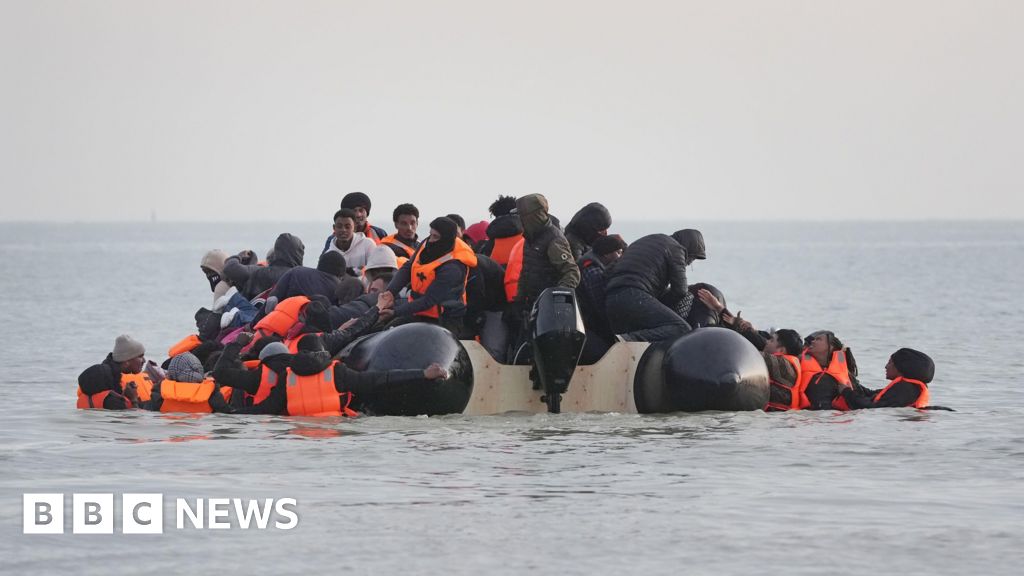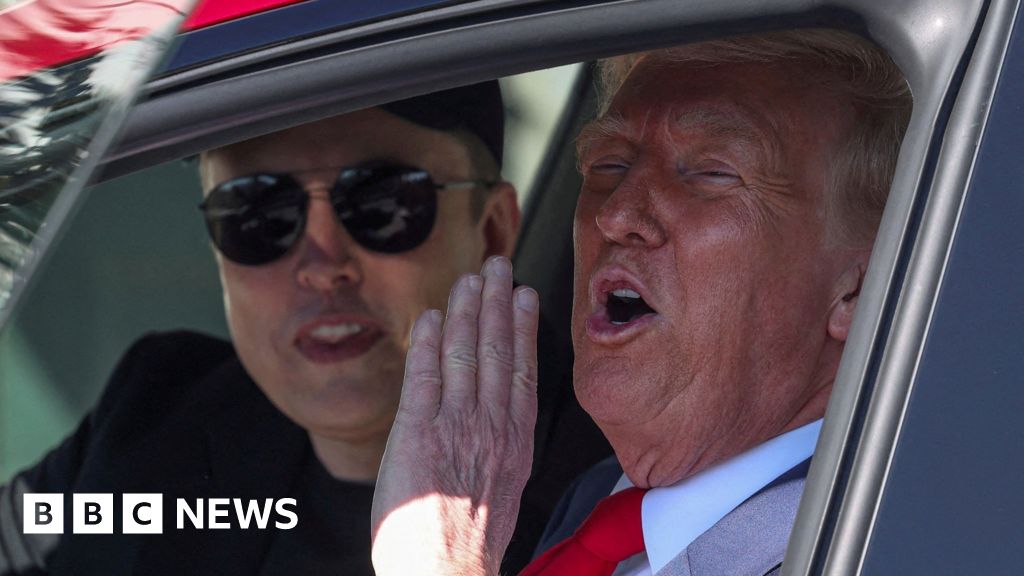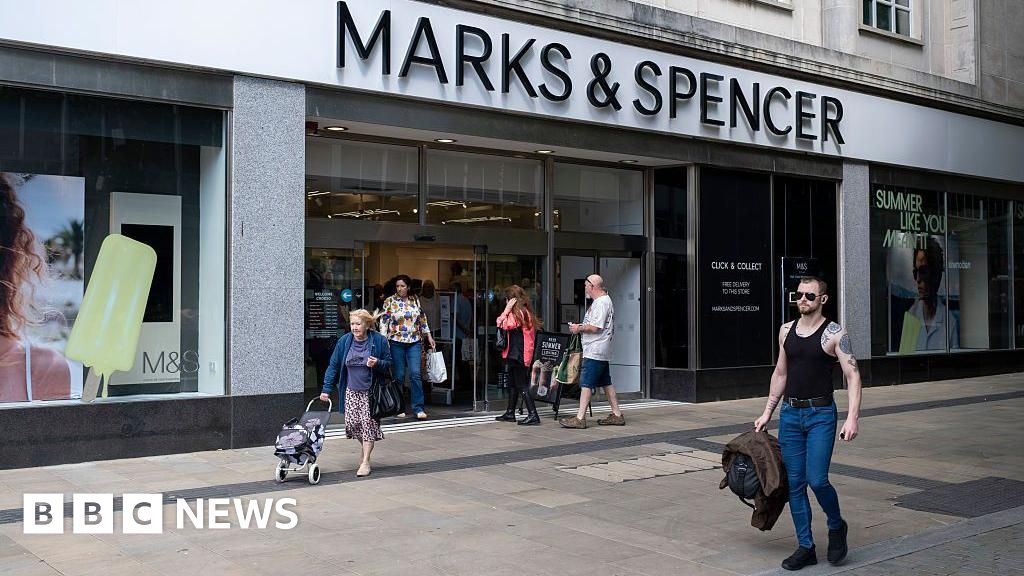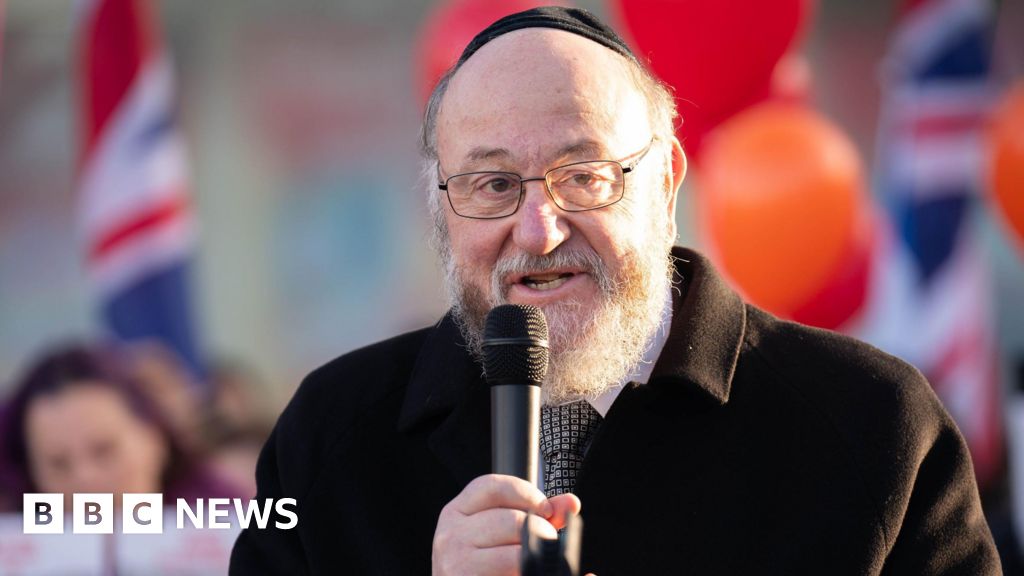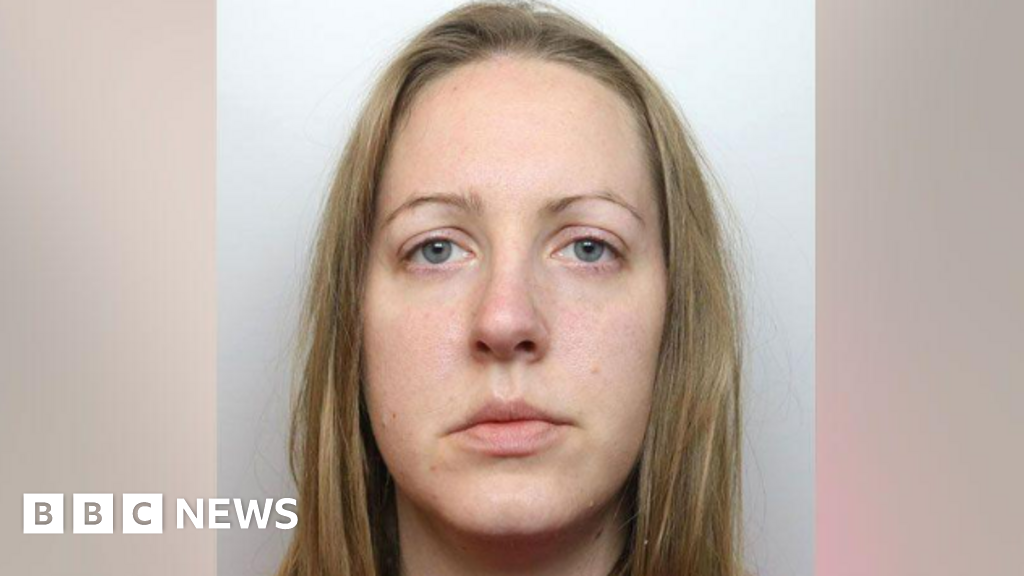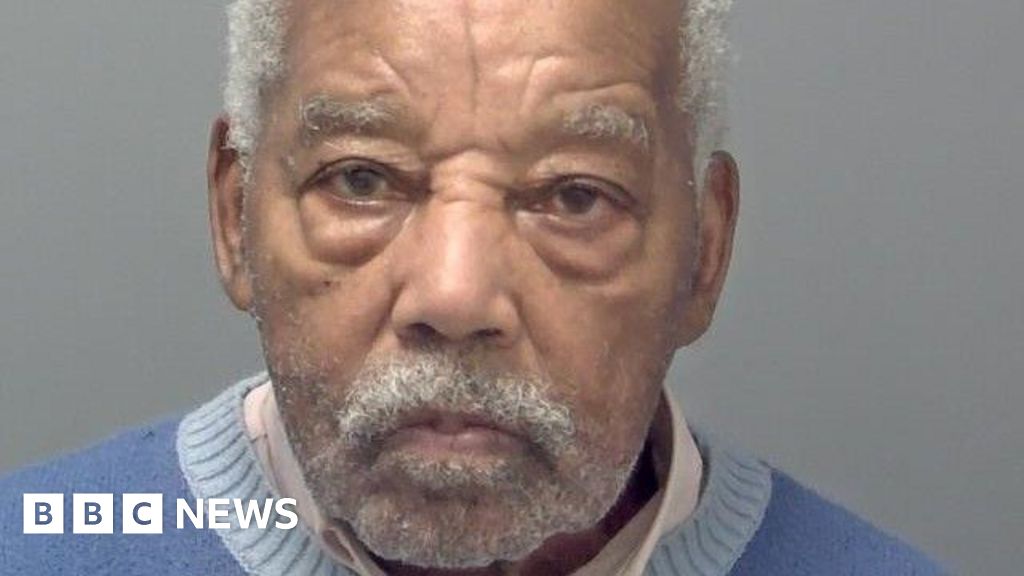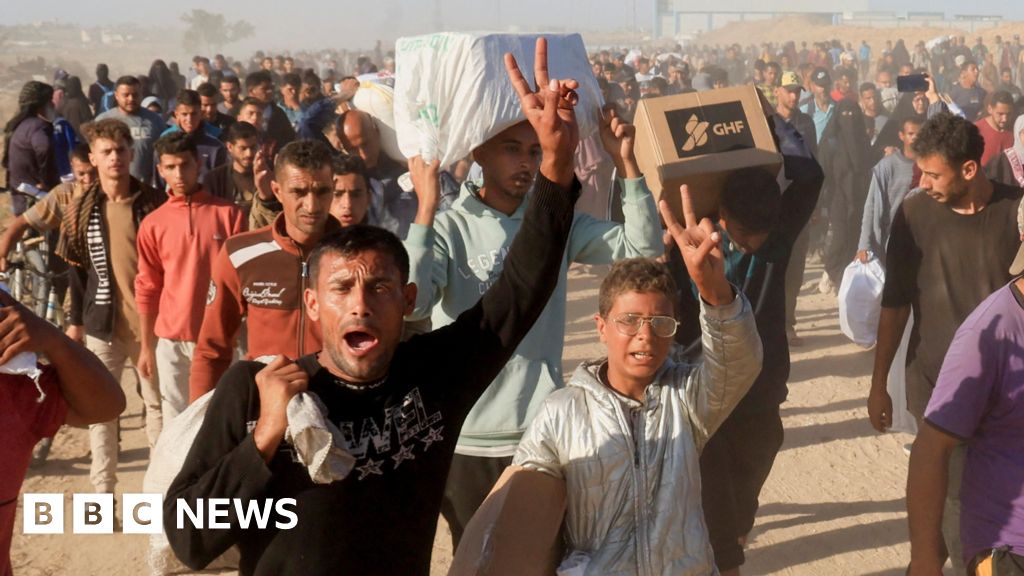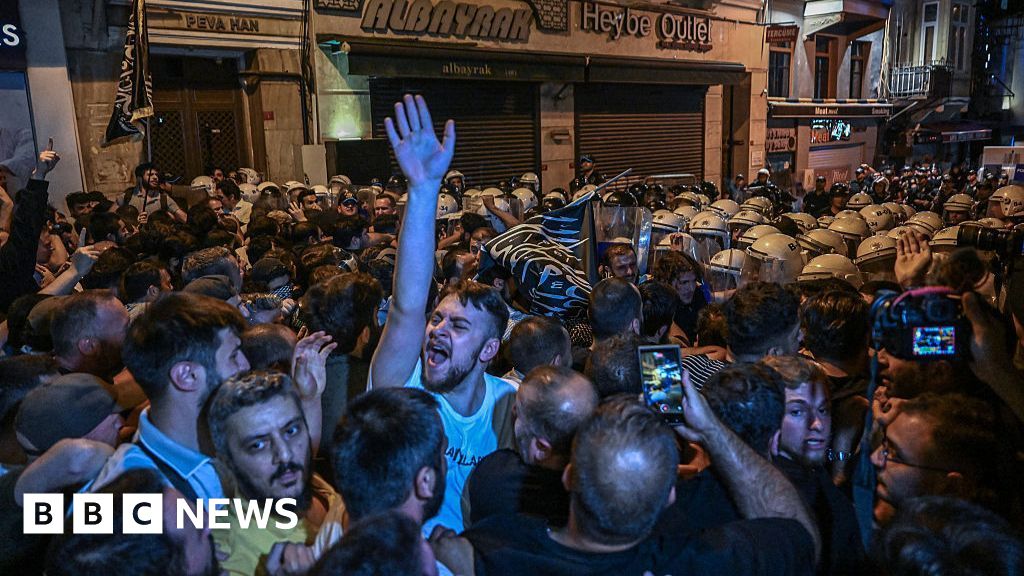Catherine Lyst
BBC Scotland News

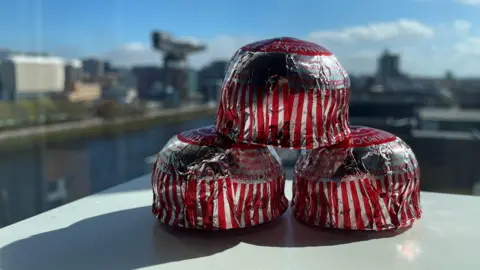 BBC
BBC
RAF pilots have been advised to keep the Tunnock's teacakes in their wrappers until they are eaten
The story goes that 60 years ago, Tunnock's teacakes were banned from RAF flights after a cockpit marshmallow explosion.
The chocolate-covered treats were apparently all the rage, eaten by nuclear bomber crewmen on training sorties at the height of the Cold War.
But in the summer of 1965, a captain and student pilot forgot they had placed unwrapped teacakes above their instrument panels.
When the captain pulled an emergency depressurising switch the iconic Scottish treat erupted - leaving a sticky mess over the airmen, the instruments and cockpit canopy.
Now the RAF Centre of Aerospace Medicine has now given them the all-clear to fly again, after tests in an altitude chamber found the teacakes did not explode.
The experiments were covered by the British Forces Broadcasting Service (BFBS) at the centre based at RAF Henlow in Bedfordshire.

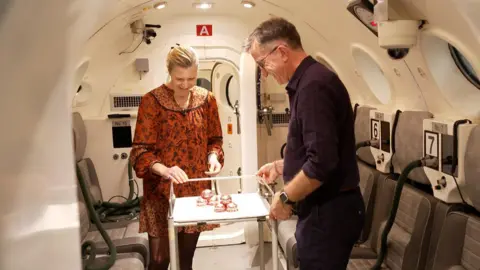 BFBS
BFBS
Hannah King and Dr Oliver Bird carry out the teacake experiment
First the teacakes were put into an altitude chamber - normally used in the training of new fast jet pilots - and were lifted to 8,000ft, climbing at 4,000ft per minute,
They were then rapidly decompressed to 25,000ft in three seconds to see if they would blow up.
As air pressure in the chamber decreased, the air inside the teacakes expanded until the chocolate cracked and the mallow filling puffed out.
BFBS reporter Hannah King, who witnessed the tests, said while the mallow escaped from the chocolate casing, they "did not appear to explode and cause a risk to in-flight safety".

 BFBS
BFBS
The teacakes burst in the tests and the marshmallow filling safely puffed out
It was also discovered that when they were frozen before being placed in the chamber, their hardened shells were more resilient to cracking at altitude.
Pilots have been offered some advice by Dr Oliver Bird, an instructor at the RAF Centre of Aerospace Medicine, who carried out the tests.
"The best advice is that the snacks are kept frozen and in their foil wrappings until pilots are ready to consume them," he said.
An RAF spokesman said he was not aware of any "banned confectionary list", adding that the tests were not carried out in an official capacity.
Tunnock's, based in Uddingston, near Glasgow, has been approached for comment.

 2 months ago
87
2 months ago
87

